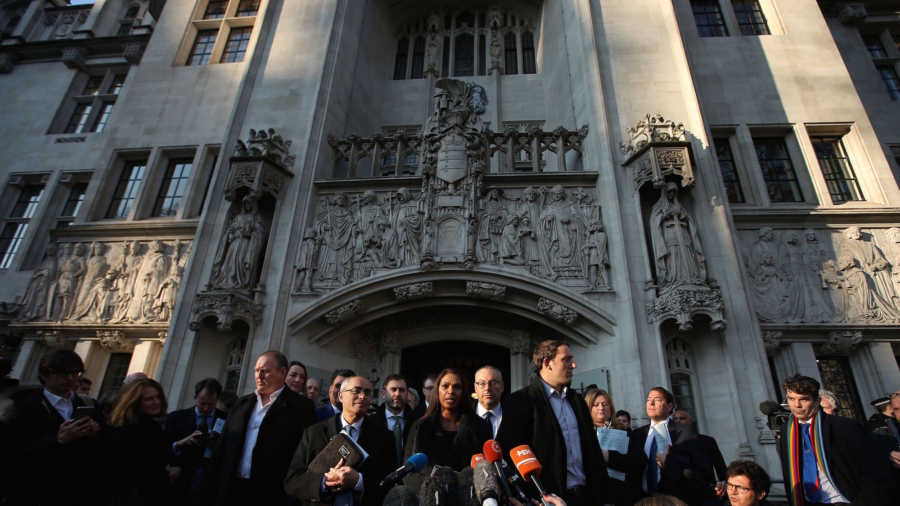UK Prime Minister Theresa May will now have to ask the UK parliament whether she can start the process of leaving the EU. Judges from the United Kingdom’s Supreme Court voted 8 – 3 in favor of forcing UK Prime Minister Theresa May to hold a vote in parliament over triggering article 50 of the Lisbon Treaty – the mechanism by which Britain can leave the EU.
Although the Supreme Court voted for consulting parliament over Brexit, they also reached the decision that the UK Prime Minister doesn’t need to consult the devolved nations (Scotland, Wales and Northern Ireland) separately. This is good news for the Prime Minister. UK overall voted 52% to leave the EU in a referendum last year, but it was only England and Wales that had majorities in favor of leaving. Scotland voted 62% to remain in the EU, but now the Scottish regional government will not be able to influence the process.
However, the Supreme Court ruling may have been largely a formality. UK members of parliament already voted in support of triggering Article 50 by 461 to 89 back in December 2016. The vote was not legally binding, but was intended to gauge MPs’ support for triggering article 50, if the Supreme Court forced parliament to make the decision on the issue.
The UK is still expected to trigger article 50 in March, but MPs will now have the power to, through the parliament, dictate the terms the UK will seek in leaving the EU.

